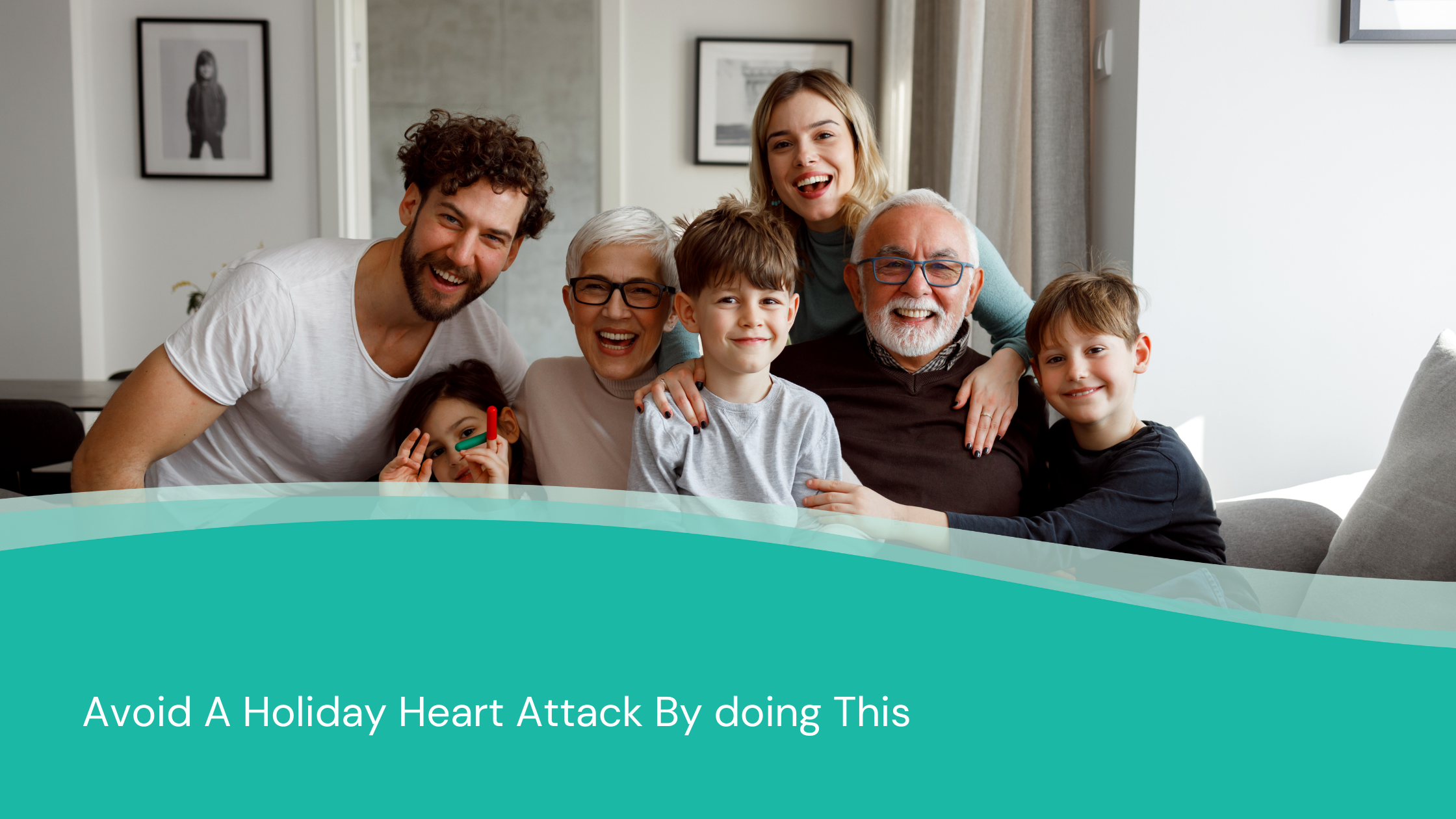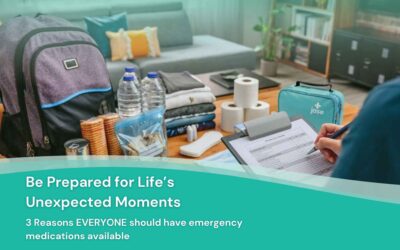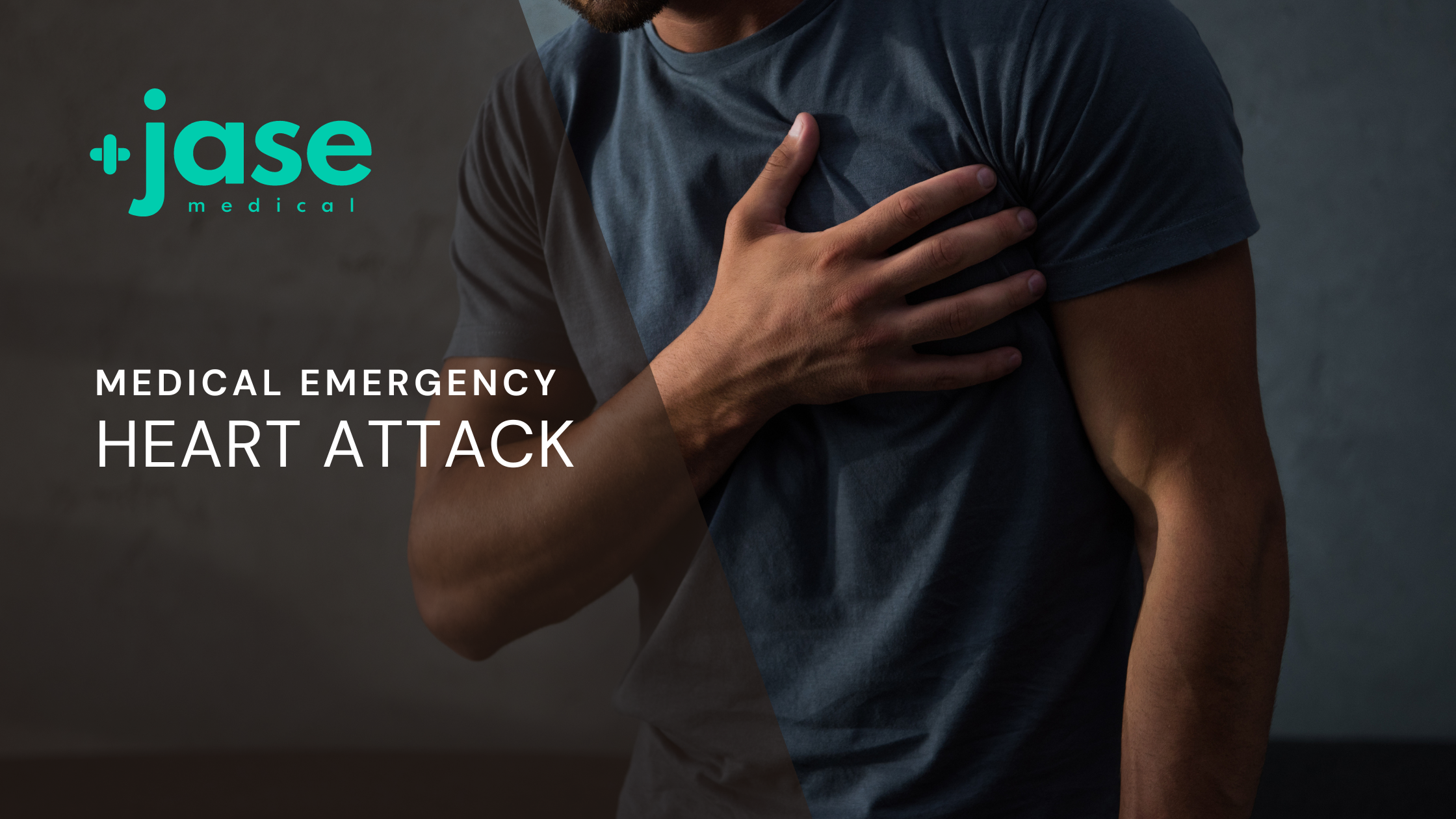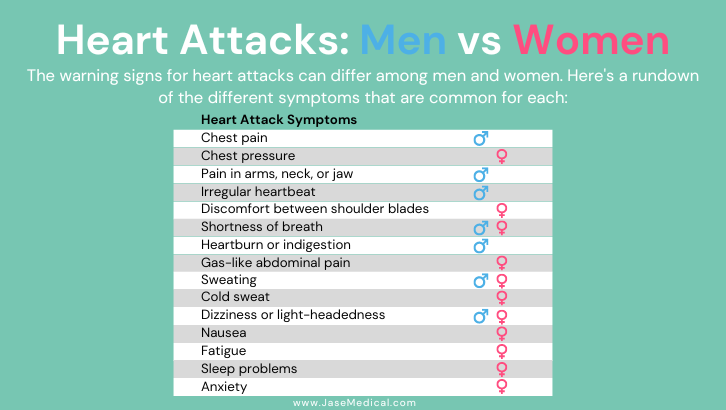When Disaster Strikes, It’s Not Hunger or Thirst That Takes the First Lives In every disaster zone, from hurricanes in the Caribbean to war zones in Ukraine, the pattern is the same. People worry about food and water, but it’s infection that kills first. A small wound...
Avoid A Holiday Heart Attack By doing This

Heart attacks are highest December 25th, avoid being a statistic.

Holidays can be a time of connecting with loved ones that you don’t normally connect with. It is also the time when strained relationships magnify because of family get togethers. Either way, holidays have a way of bringing on intense feelings and expectations that are rarely met in real life. Changes in health, loss of or additions of family members (passing of a loved one, marriage, birth, adoption, etc.) job loss, (or new job) and even pressure to show up at holiday gatherings when you may not be able to afford presents change the family dynamics and add additional stress to the holiday season.
Our activities and stress levels
Filling our lives with activities we really don’t want to do or have little meaning sets you up for depression and a downward spiral of emotions. Manage stress through eliminating meaningless chores and responsibilities taken on during past years. This will free you to experience a fulfilling life rooted in meaning and purpose.
Set Realistic Expectations and Priorities
Remember, you are in control
Hallmark movies, retailers and clever marketing have played on our emotions and can lead us to feel inadequate. Decide what is truly important and makes the holiday season special If you now have additional responsibilities, life changes or just don’t care for the holiday season. Don’t overextend yourself by accepting invites to parties and get togethers unless it fits into a realistic schedule.
Streamline your schedule and commitments
Let all involved know this year will be different (if it is) and why.
- If travel is difficult, set up zoom calls to connect with family and loved ones. Zoom calls are an ideal way to connect if you or your family are dealing with a major health challenge. By doing this, you avoid extended travel, exposure to viruses and disruption to your daily schedule.
- Invite people to your home around your schedule. Ask anyone who is sick or has been exposed to anyone ill to stay home.
Prioritize your health
Communicate your needs and what you can do that won’t stretch your limits. Overextending yourself, along with poor diet and lack of sleep can set you on a downward spiral of depressive thoughts and emotions. These emotions lower your immune system and can set you up for increased risk of heart attacks and other cardiovascular events.
- Have your prescriptions refilled in advance. You avoid lengthy waiting times in lines, exposure to seasonal viruses, and you won’t run out at the most inopportune time. It is also a great time to use your HSA (before years end) and buy a Jase Case or refill chronic medications with Jase Daily if you haven’t already.
- Maximize your vitamin D level, either by spending time in the sun or using supplements. Vitamin D is a powerful immune booster.
- Avoid sugar and alcohol. Both can bring on depressive moods (which, in turn, lowers immunity).
- Take time for yourself – go for a walk, take a hot bath, shut off the phone and read – whatever you can do to energize. Your heart and immune system will thank you for it!
- Prioritize your mental and physical health. Eat a healthy meal before you head to festivities or get togethers. If you struggle with alcohol addiction, either avoid the activity or bring an accountability partner to support and encourage abstinence.
- Get good quality sleep. Keep your sleep schedule as close to normal as possible. Our bodies repair and rejuvenate more during our sleep cycles than at any other time of day.
- Cold weather puts stress on the heart. Layer clothing, and pace yourself when engaging in outdoor activities.
Men and women can have a different set of symptoms during a heart attack. Download and print this pdf. Hang it in a highly visible spot of your home. Don’t ignore symptoms by wishing them away. The sooner you seek help the higher your chances of survival.
- Brooke Lounsbury, RN
Medical Content Writer
Lifesaving Medications
Everyone should be empowered to care for themselves and their loved ones during the unexpected.
Recent Posts
Keeping you informed and safe.
Medical Readiness: What Really Kills First
Exploring Dr. William Makis’ Hybrid Orthomolecular Cancer Protocol: Focus on Ivermectin and Mebendazole/Fenbendazole
Exploring Dr. William Makis’ Hybrid Orthomolecular Cancer Protocol: Focus on Ivermectin and Mebendazole/Fenbendazole *Disclaimer: This article is for educational purposes and does not constitute medical advice. Always seek professional guidance.* In the evolving...
Be Prepared for Life’s Unexpected Moments
3 Reasons EVERYONE should have emergency medications avaiable. It's all about access—access to medications and care when you need it most. And when things happen outside of your control that access can disappear.Below are 3 examples of how easily this access can be...
Youth Preparedness: Teaching, Building, and Coping with Disasters
Educating and preparing your children ahead of time means fewer surprises in the event of an emergency.Growing Up Prepared: Empowering Youth in Disaster Preparedness As we observe National Preparedness Month, it's crucial to remember that disasters can strike at any...







